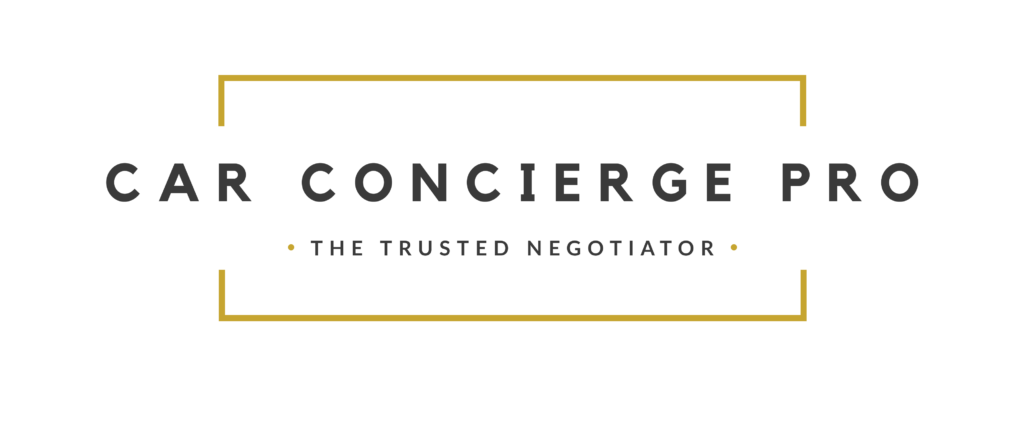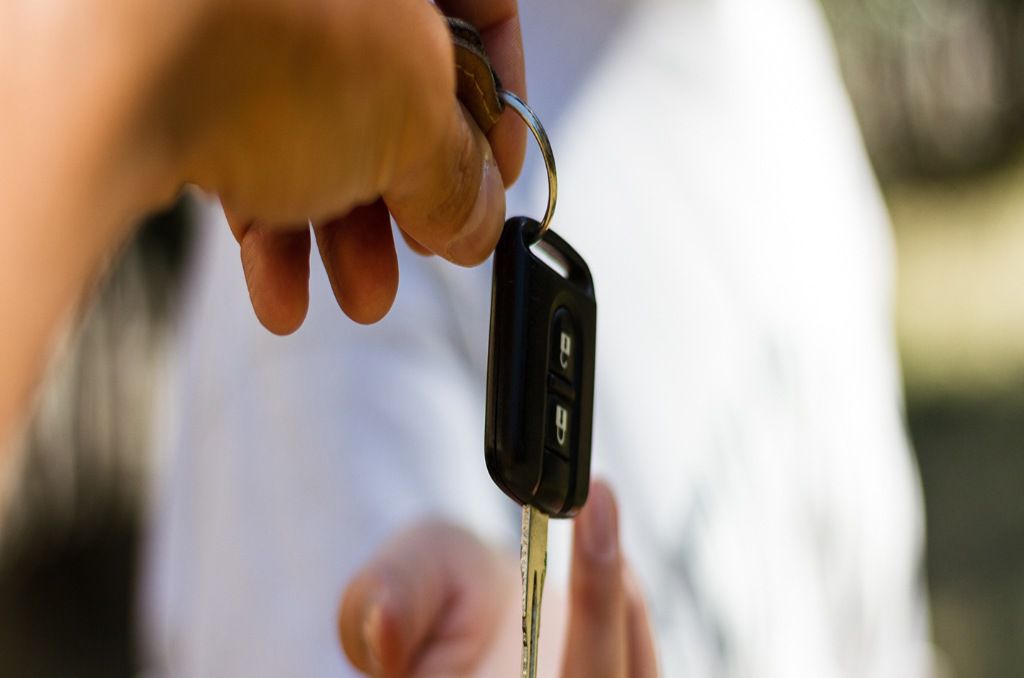Car dealerships continue to be significant players in the automotive industry, generating substantial revenue each year. However, the landscape is evolving, and understanding how these businesses operate can empower you as a consumer.
- Research dealership models → Know the difference between traditional, online, and hybrid dealerships.
- Check for transparency → Ask for itemized costs to avoid hidden fees.
- Leverage digital tools → Compare prices, reviews, and financing options online before visiting.
Profit Margins: What Dealerships Really Earn
In 2024, the average gross profit per new vehicle sold was approximately $2,247, marking a 33% decline from previous years. This decrease reflects broader market trends and increased competition.
For luxury vehicles, dealerships often see higher margins, sometimes exceeding $10,000 per unit. However, these figures can vary based on brand, model, and market demand.
- Invoice vs. Sale Price: Dealer margins generally range from 3–8% above invoice, depending on demand, model popularity, and geographic location.
- High-Demand or Luxury Vehicles: Popular or luxury models usually have higher margins because buyers are willing to pay more for exclusivity and features.
- Dealer Holdbacks: Manufacturers reimburse a portion of the MSRP after the sale, which boosts dealer profit even if the car appears “below invoice.
- Understanding margins allows buyers to negotiate effectively, avoid overpaying, and recognize when a deal is truly favorable.
Revenue Streams: Beyond the Sticker Price
While selling cars is the core business, dealerships also generate income through:
- Financing & Insurance (F&I): Offering loans, extended warranties, and insurance products.
- Service Departments: Maintenance, repairs, and parts sales.
- Trade-ins: Reselling pre-owned vehicles acquired from customers.
These ancillary services can contribute significantly to a dealership’s bottom line.
How Dealerships Make Money: A Closer Look
Dealerships employ various strategies to boost profitability:
- Financing: Arranging loans for customers often comes with added fees and interest.
- Add-ons: Selling accessories, service packages, and warranties.
- Trade-ins: Acquiring used vehicles at a lower cost and reselling them at a profit.
Knowledge of these practices allows you to negotiate and buy more effectively.
Smart Strategies for Car Buyers
To get the best value out of your next vehicle
- Research: Know the invoice price and market value of the car you’re interested in.
- Negotiate: Don’t accept the first offer; there’s often room for improvement.
- Check Financing Alternatives: Review offers from multiple lenders to secure the most favorable rate.
- Evaluate Overall Expenses: Include insurance, upkeep, and fuel in your budget.
Being proactive and knowledgeable can lead to better deals and savings.
Final Thoughts: Empowering Your Car Buying Journey
After years of navigating complex car deals firsthand, we founded Car Concierge Pro to provide clarity and confidence to buyers. With over $550,000 saved for our clients across the USA and Canada, our team ensures every purchase is efficient, transparent, and rewarding. Schedule your concierge consultation today and experience the smarter way to buy a car.
Ready to make your next car purchase hassle-free? Request a Concierge today and experience the difference.





